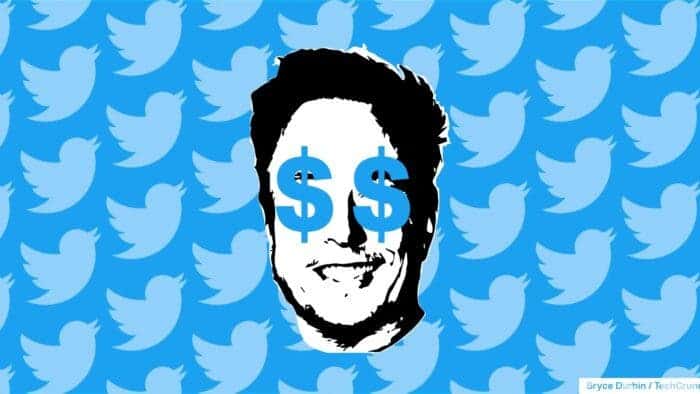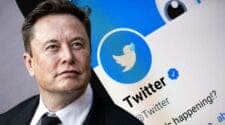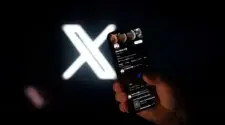According to data given to CNN by digital marketing analytics firm, Pathmatics, more than half of the top 1,000 advertisers on Twitter in September no longer patronize Twitter for ads. Ads on the Internet show that the outflow of advertisers following Elon Musk’s takeover of the firm has reached a critical level. According to Pathmatics estimates, 625 of Twitter’s top 1,000 advertisers, including major companies such as Coca-Cola, Unilever, Jeep, Wells Fargo, and Merck, have stopped running ads since January.
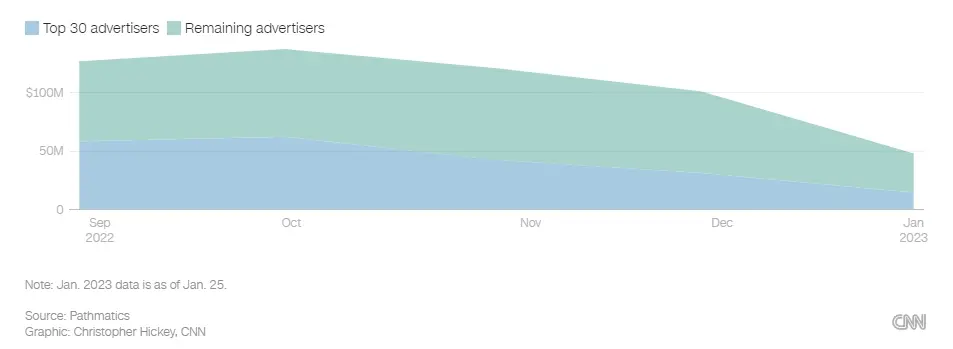
According to Wells Fargo, it had to “suspend paid ads on Twitter,”. However, it is still using its official Twitter handle to interact with its customers. This new trend is affecting Twitter and its monthly ad revenue drops over 60% from October last year to January 25 this year. The income stands at $48 million, a massive drop from $127 million.
Advertisers have raised reservations about the platform’s Twitter security and stability. These concerns are coming after Musk closed the deal to buy the social media site in late October. The concerns are mostly owing to Musk’s plans to lay off staff and reduce content control measures. Musk stated in early November that Twitter has seen a “huge revenue decrease.”
Despite the fact that Twitter’s ad business has always been much smaller than those of competitors Facebook and Google, it nevertheless accounts for the vast bulk of the company’s income. Musk will now have to fill that hole by paying interest on the debt he incurred in his $44 billion purchase of Twitter.
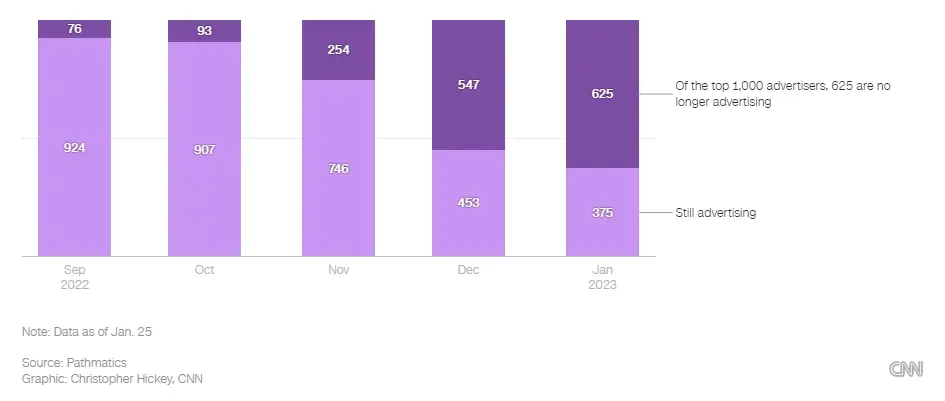
Some top advertisers on Twitter only reduced their payments
According to Pathmatics, even among the major advertisers who are still running ads, many have severely cut their ad budget on the site. HBO, for example, was Twitter’s biggest advertiser in September, with almost $12 million in ad spend for the month. However, it spent just over $54,000 in January (until Jan. 25).
Musk has been trying to cut the platform’s expenses and discover new revenue sources for the firm. This includes laying off staff, restructuring its premium membership service, and, most recently, the contentious decision to charge academics and developers who use Twitter’s API.
Musk stated in a tweet earlier this month that the first three months were “extremely difficult since it had to be saved from bankruptcy,” but the firm is now profitable.

